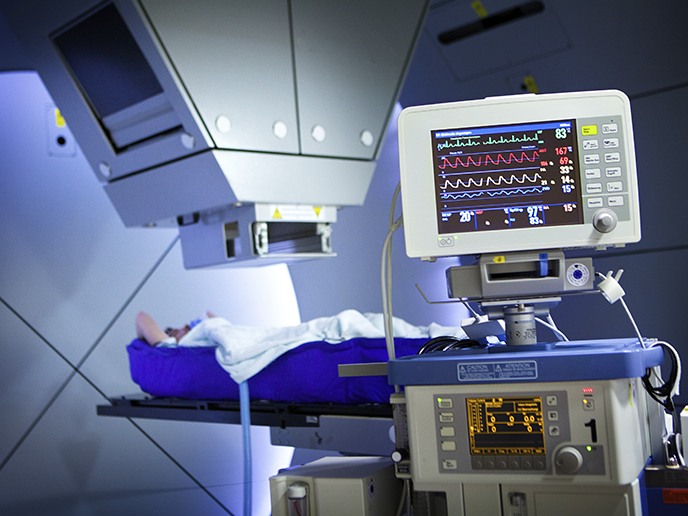Smarter doctor-patient consultations could improve treatments
Primary care visits last anywhere from 5 to 22 minutes(opens in new window) depending on where in the world you live. In Europe, doctor-patient consultations only last for 10 minutes on average, with patients typically only remembering about 14 % of what was discussed(opens in new window). This matters because according to the World Health Organization (WHO), when it comes to treatment, ‘in developed countries, adherence among patients suffering chronic diseases averages only 50 %’(opens in new window). This leads to more hospitalisation, increased costs, higher social impact and more premature deaths, which the OECD has put at 200 000 per year(opens in new window). The EU-supported Anatomus project hosted by eMedia(opens in new window) is pursuing a solution that targets the root causes of non-adherence – inadequate doctor-patient interactions. The team is developing a digital tool which provides personalised recordings of consultations, helping improve communication, patient engagement and, consequently, adherence to treatment plans. EU funding has enabled the team to undertake usability testing with 1 000 healthcare professionals and their patients. They were able to conduct a feasibility study into the recording of on-screen interactions, and to research best practices for the secure sharing of data with patients. According to Mark Campbell, Anatomus co-founder and project coordinator, “So far, feedback on the user interface and user experience has been phenomenal.”
Consultation recall
To help patients understand and remember what their doctor said during a consultation, the Anatomus application uses browser-based software and cloud computing storage. Once development has been completed, the aim is for users to be able to securely record and encrypt the consultation as 3D, audio and video files. They can store these within their cloud-based profile. The system also contains a series of anatomy modules which explain how different parts of the human body work. Users can access anatomical information relevant to their consultation, saving it for future reference. To help increase understanding and later recall, the system is customised for users to be able to add notes and drawings to these records. Anatomus was tested at various sites in Germany, Ireland and the USA by 1 000 healthcare professionals and their patients, some of whom were then followed up with interviews. Remote users were also given a trial of Anatomus and then completed a survey to capture how they had used it, their impressions of the tool and what they liked/disliked about it. Additionally, the team adopted ‘Think Aloud’ usability testing in Galway, Ireland. Here, users were asked to explain what they were looking at, thinking, doing, and feeling while performing tasks. “These tests yielded rich feedback which helped us understand users’ expectations, while ensuring that the tool was easy to use, with clear communication that avoided confusion or misunderstanding,” says Campbell.
Empowering patients
Anatomus contributes to the EU’s directive on ‘Driving patient-oriented innovations in EU health systems’(opens in new window) (2015) by offering an innovation which could help patients not only to better understand their health, but also to boost their confidence. It is hoped this will encourage them to take more active responsibility for their well-being. “Anatomus is a disruptive eHealth multimedia technology. We are now working on designing this system to fit easily into the workflow of doctors, carers and the lives of patients,” explains Greg Micyk, Anatomus co-founder. The team is looking into adding other functions such as enabling users to securely save and share content with third parties. Currently the system is a browser-based web application for PC and Mac. Spurred on by initial feedback, the team are planning to launch mobile versions in summer 2020.







